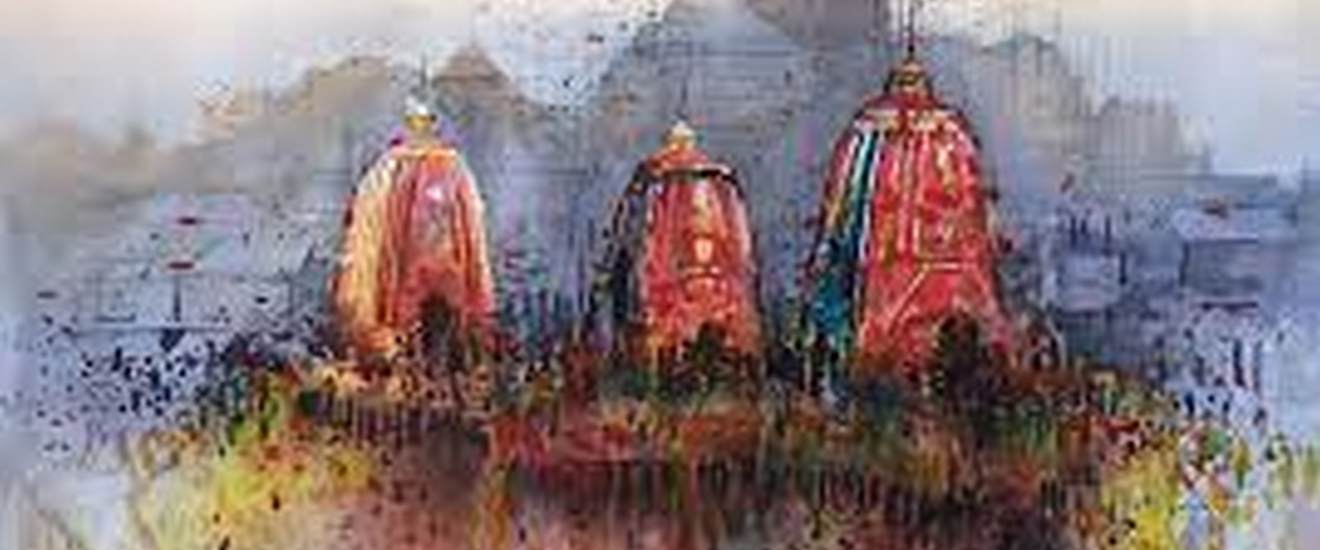Analysis
Rath Yatra: Forging a New Path for Article 25?
Challenge against conducting Rath Yatra festival unsuccessful.

The NGO Odisha Vikash Parishad has been unsuccessful in its challenge against conducting the Rath Yatra festival in Odisha this year. Due to the rise in COVID-19 cases in the state, the NGO had approached the Supreme Court to prevent the festival and associated rituals from being conducted. The respondents, including the Central Government, argued that the festival is an essential religious practice that must mandatorily be observed on an annual basis.
The Court initially accepted the petitioner’s plea, citing the ‘interests of public health and safety of citizens’. This mirrors the language used in Article 25, which allows individuals the freedom to practice religion subject to ‘public order, morality, and health’. However, the Court reversed course on 22nd June to rule that the festival could be conducted subject to certain restrictions.
Prior to the pandemic, the Supreme Court rarely had the opportunity to address the issue of public health in the context of religious freedom. Public order and morality were invoked far more often to justify restrictions on religious practices. On the other hand, references to public health were usually clubbed with public order and morality to reiterate the limits of Article 25.

Image: ‘Rath Yatra Puri 2007 11028‘ by GU Tolkiehn licensed under Creative Commons
An analysis of the few cases in which public health has been specifically cited as grounds to restrict a religious practice reveals an interesting pattern. The practices in question have failed the ‘essential religious practice’ test, which means that the Court did not have to dissect the importance of public health in relation to Article 25. As a result, while the Court has reaffirmed public health as grounds to restrict religious practices on several occasions, it has not fully engaged with its relationship with religious freedom.
For instance, it ruled in Church of God v KKR Majestic Welfare Colony Associations & Ors. that the use of microphones and loudspeakers to recite prayers was not an essential religious practice and therefore not constitutionally protected. It did clarify that even if it had been an essential practice, its adverse impact on public health would have been grounds for restriction.
In Adi Saiva Sivachariyargal v Tamil Nadu, the Court held that the ability of the State to act in the public interest, including to protect public health, is an essential part of Article 25. It also reiterated that the right to religious freedom must be construed harmoniously with other provisions under Part III of the Constitution.
In the past, the Court favoured the approach taken in Adi Saiva, treating public health as a compelling reason to limit other fundamental rights. The best example of this is its approach in In Re: Noise Pollution. The Court positively cited a decision of the Calcutta High Court which upheld restrictions on the sale of firecrackers due to its impact on public health. In that case, the High Court had rejected the petitioner’s argument that the restrictions violated their right to conduct business under Article 19(1)(g).
Many have expressed concern about the decision of the Court in the Rath Yatra case, due to the co-relation between large-scale religious festivities and a spike in disease clusters. Although the Odisha state government – which initially opposed conducting the Rath Yatra – later informed the Court that it supports the religious proceedings, the public health concerns that resulted in the first order were not fully addressed in the order. As the Court itself noted, it will be difficult to enforce social distancing during religious ceremonies.
This case presented an opportunity for the Court to substantively engage with the relationship between public health and religious freedom. However, the order offers little insight into the reason for the Court’s reversal of its earlier ruling. Now that the procession has already taken place, it appears that we will have to wait longer for the Court to delineate the contours of Article 25 with respect to public health.
